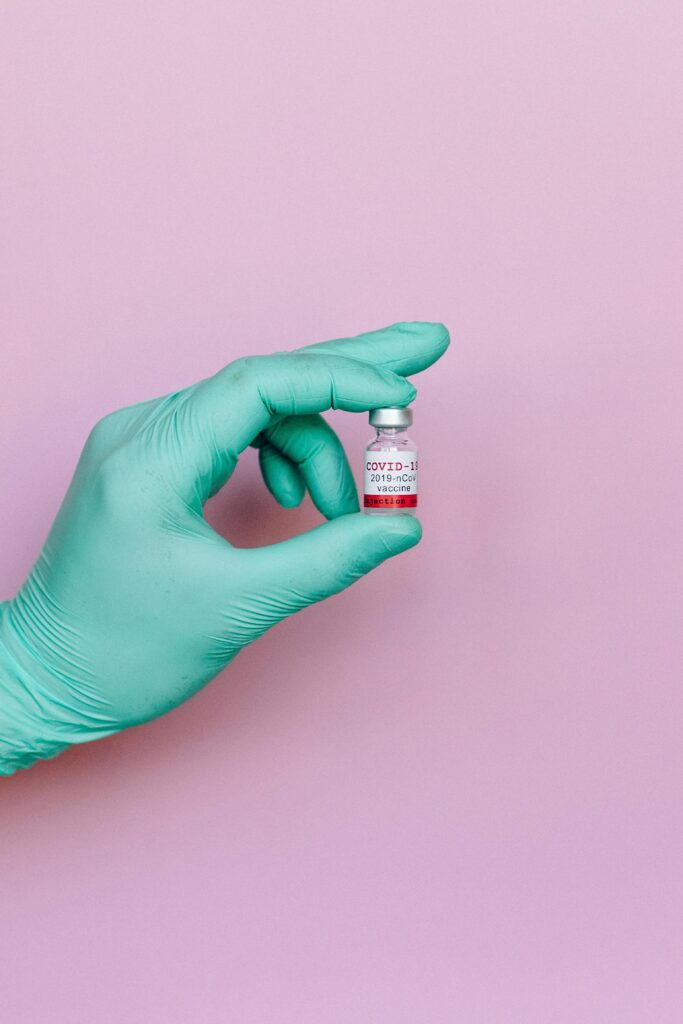Discover the essential details about paid medical trials with our comprehensive guide. Learn about the different phases, recruitment process, potential benefits, and risks associated with participating in clinical trials. Understand how these trials contribute to medical advancements and what to expect if you choose to participate.
Introduction to Paid Medical Trials
Paid medical trials, also known as clinical trials, play a pivotal role in advancing medical science and improving patient care. These trials are essential for evaluating new drugs, therapies, and medical devices. Participating in these trials often involves compensation for time and effort, which can be appealing to many individuals. In this article, we will explore the intricacies of paid medical trials, including their purpose, process, and considerations for participation.
Table of Contents
What Are Paid Medical Trials?
Paid medical trials are research studies designed to test the safety, efficacy, and potential side effects of new medical interventions. These trials are conducted under strict regulations and oversight to ensure participant safety and scientific validity. Participants may be paid for their involvement, which can include time, travel expenses, and other costs associated with the trial.
Types of Paid Medical Trials
- Phase I Trials: These are the earliest stage of clinical trials, focusing on assessing the safety of a new drug or treatment. Participants in phase I trials are usually healthy volunteers.
- Phase II Trials: These trials evaluate the effectiveness of the drug or treatment in a small group of patients with the condition the drug is intended to treat.
- Phase III Trials: Conducted on a larger scale, phase III trials aim to confirm the drug’s effectiveness, monitor side effects, and compare it with existing treatments.
- Phase IV Trials: These are post-marketing studies that gather additional information about a drug’s long-term effects and optimal use.

How Paid Medical Trials Work
Recruitment Process
The recruitment process for paid medical trials involves several steps:
- Eligibility Screening: Potential participants undergo a thorough screening process to determine if they meet the criteria for the trial. This may include medical history, current health status, and demographic factors.
- Informed Consent: Participants must provide informed consent, which involves understanding the nature of the trial, potential risks, and benefits. This document ensures that participants are fully aware of what to expect.
- Participation: Once enrolled, participants follow a specific protocol, which may involve taking medication, attending regular visits, and undergoing various tests.
- Monitoring and Follow-Up: Participants are monitored throughout the trial for any adverse effects or changes in their condition. Follow-up visits are conducted to gather additional data.
Compensation in Paid Medical Trials
Compensation for participation in medical trials varies depending on several factors, including the trial phase, duration, and complexity. Participants may receive compensation in the form of:
- Monetary Payments: Direct payments to cover time and inconvenience.
- Reimbursement for Travel and Expenses: Coverage for costs incurred while traveling to and from trial sites.
- Medical Benefits: Free access to new treatments or therapies that may not be available elsewhere.
Benefits of Participating in Paid Medical Trials
Contributing to Medical Advancements
Participating in medical trials helps advance medical knowledge and can lead to the development of new treatments and therapies that benefit future patients.
Access to Cutting-Edge Treatments
Participants may gain access to new and innovative treatments before they are available to the general public. This can be particularly valuable for individuals with conditions that are not well managed by current therapies.
Comprehensive Medical Care
Participants often receive thorough medical evaluations and care during the trial, which can be beneficial for their overall health.

Risks and Considerations
Potential Risks
While participating in paid medical trials can offer significant benefits, there are also potential risks:
- Adverse Effects: New treatments may have unknown side effects or risks.
- Limited Long-Term Data: Since phase I and II trials are early stages, there may be limited information about the long-term effects of the treatment.
- Eligibility Criteria: Strict eligibility requirements may limit participation opportunities and could affect access to treatments.
Informed Consent
The informed consent process is crucial for understanding the potential risks and benefits of participating in a medical trial. Participants should ensure they fully comprehend what the trial entails before committing.
Finding Paid Medical Trials
Clinical Trial Registries
Several databases and registries provide information about ongoing clinical trials. Examples include:
- ClinicalTrials.gov: A comprehensive resource for finding clinical trials conducted worldwide.
- CenterWatch: Provides information about clinical trials and recruitment opportunities.
- The World Health Organization’s International Clinical Trials Registry Platform (ICTRP): Offers a global perspective on clinical trials.
Consulting Healthcare Providers
Healthcare providers can be a valuable resource for finding suitable clinical trials and providing advice on participation. They can help assess whether a particular trial aligns with the patient’s health needs and goals.

Conclusion
Paid medical trials represent a critical component of the medical research landscape, offering the potential for groundbreaking advancements in healthcare. While participating in these trials involves certain risks and considerations, the benefits of contributing to scientific progress and gaining access to new treatments can be substantial. By understanding the intricacies of paid medical trials, individuals can make informed decisions about their involvement and contribute to the ongoing development of innovative medical therapies.
